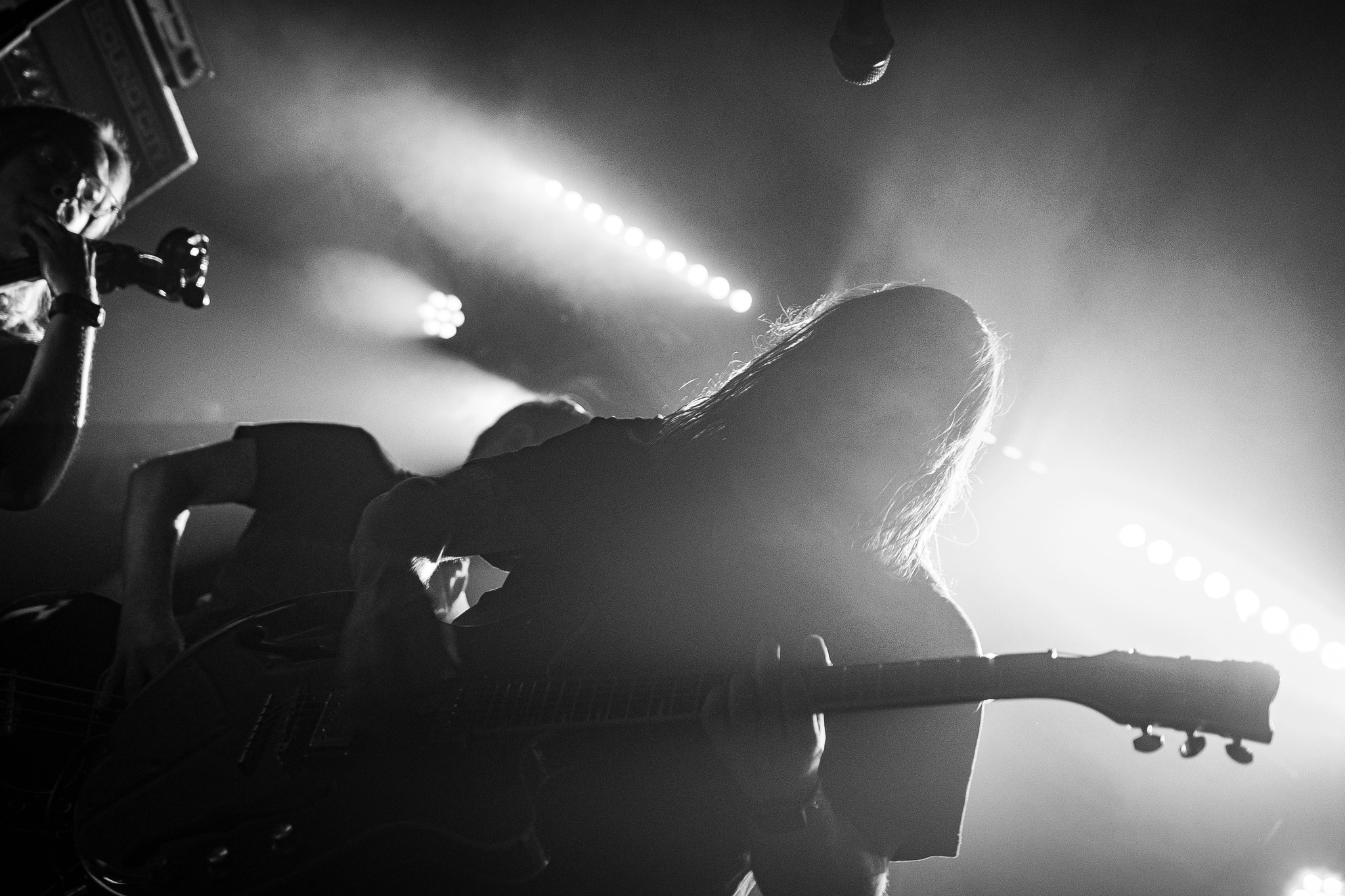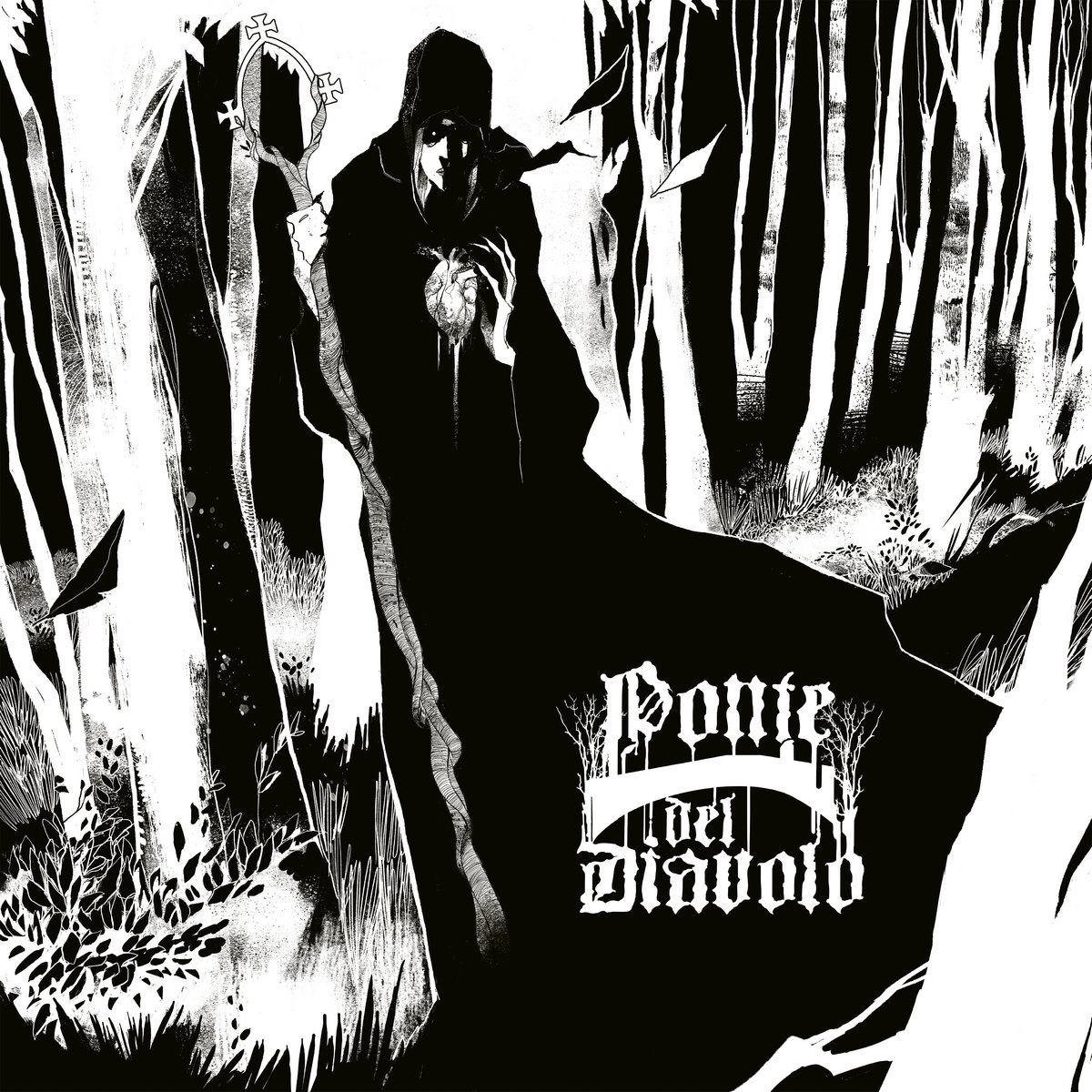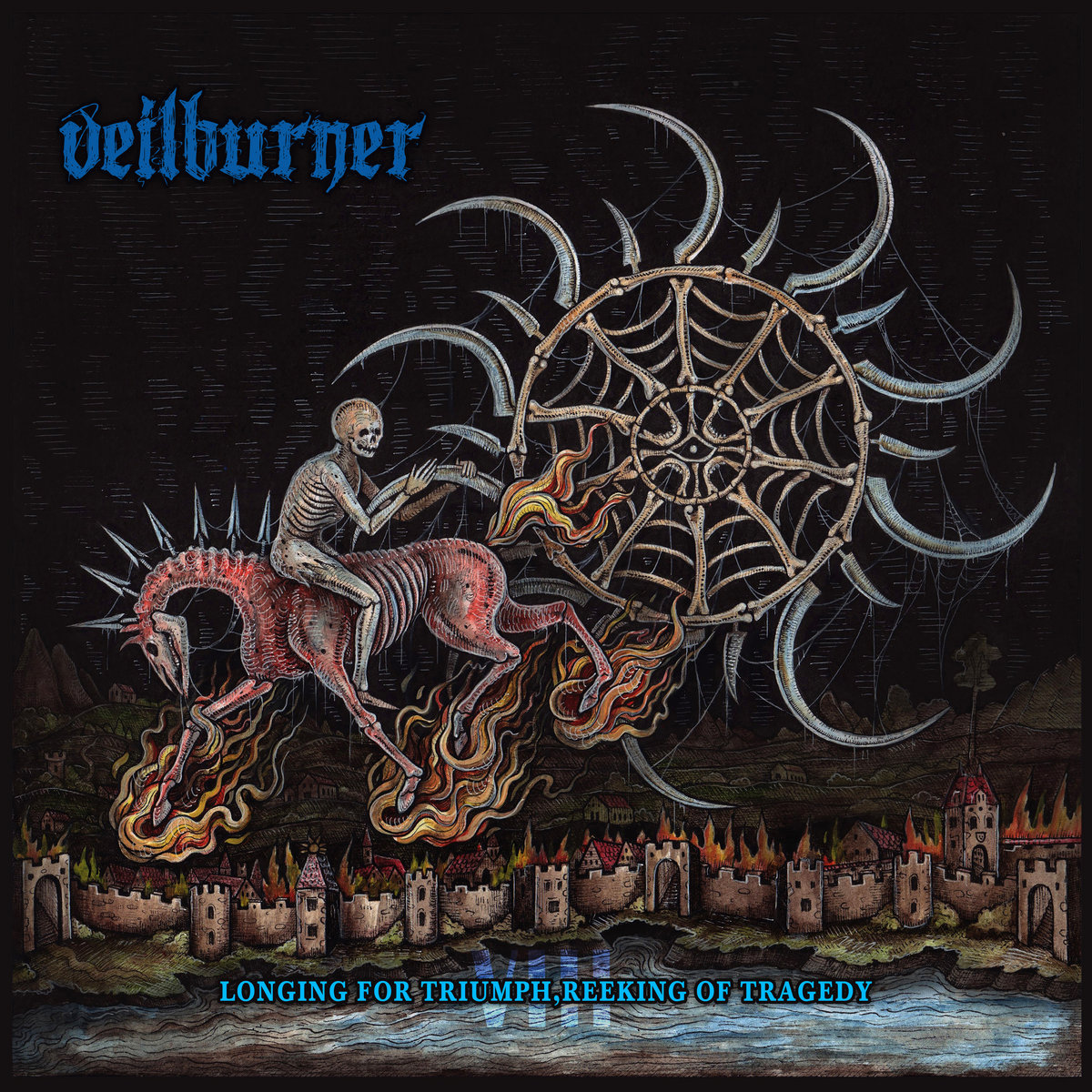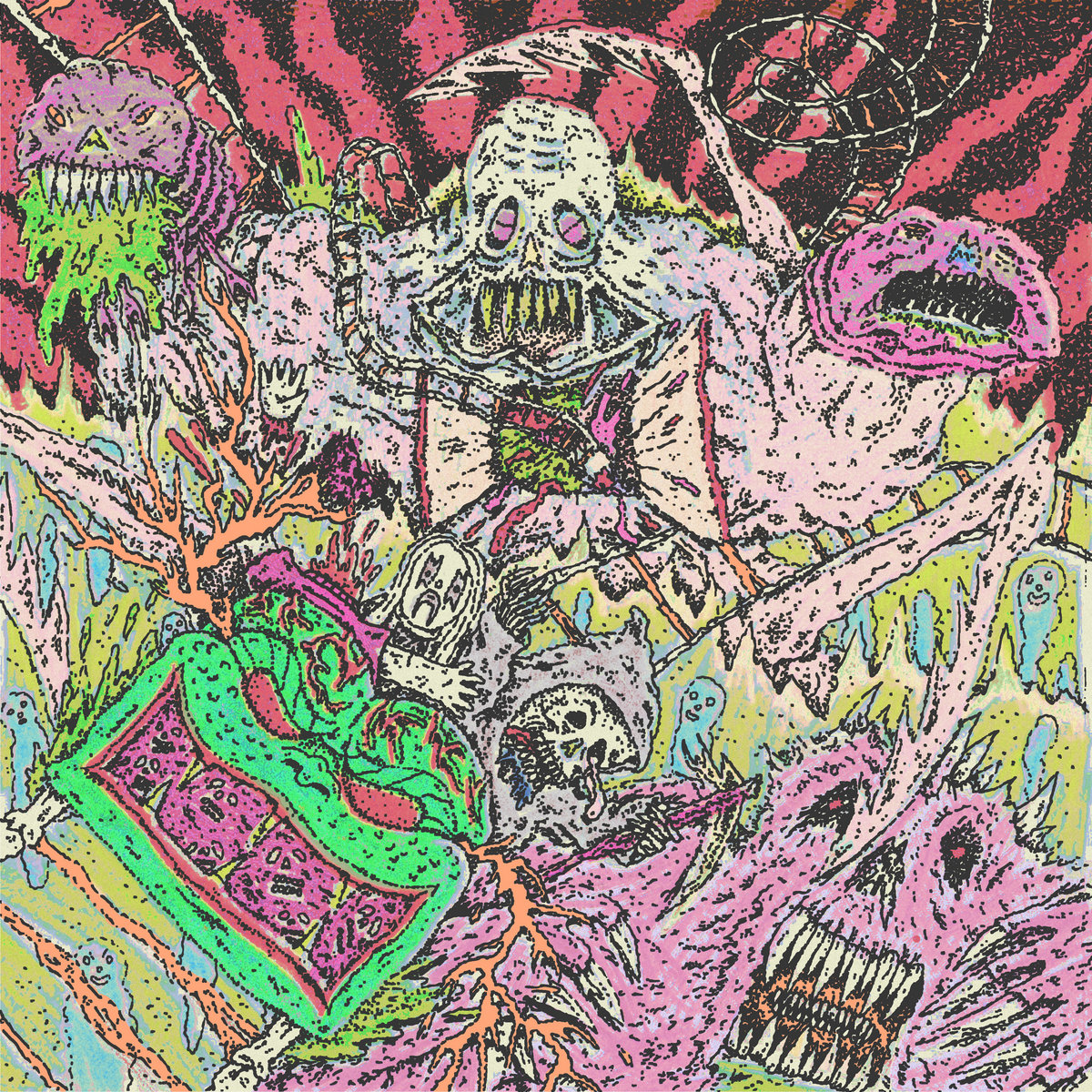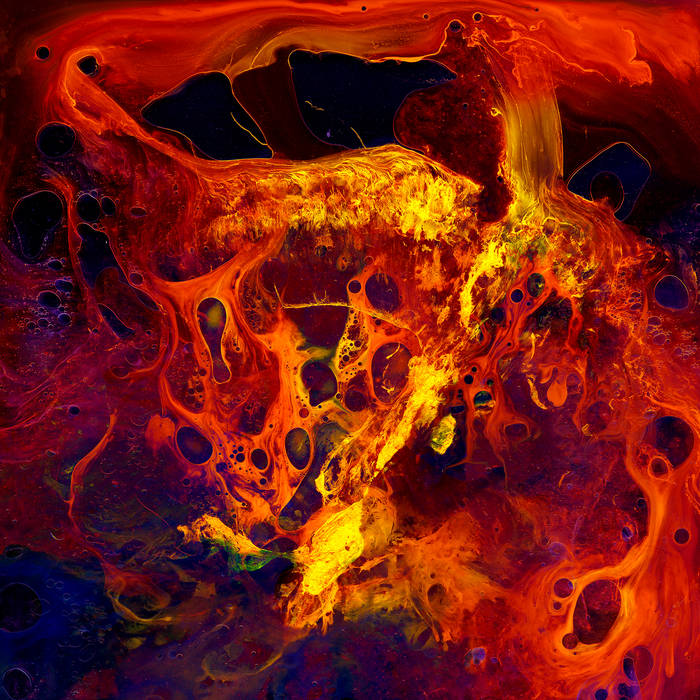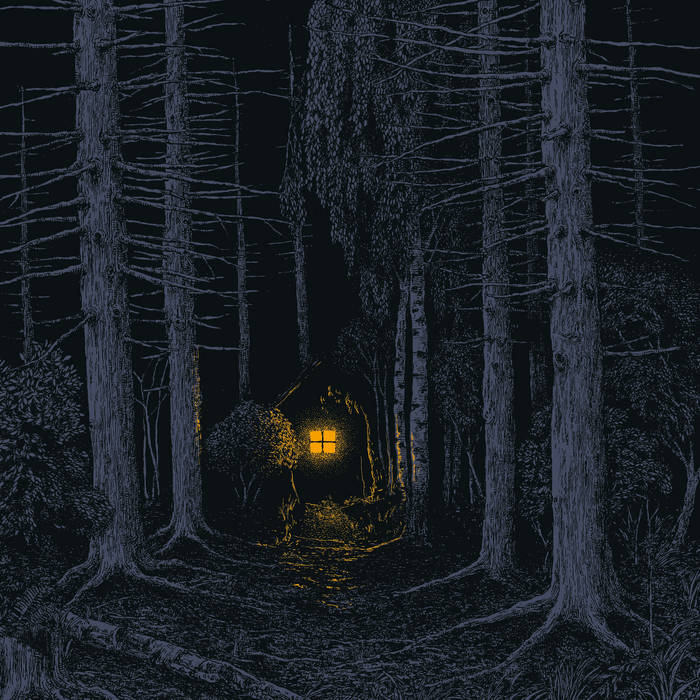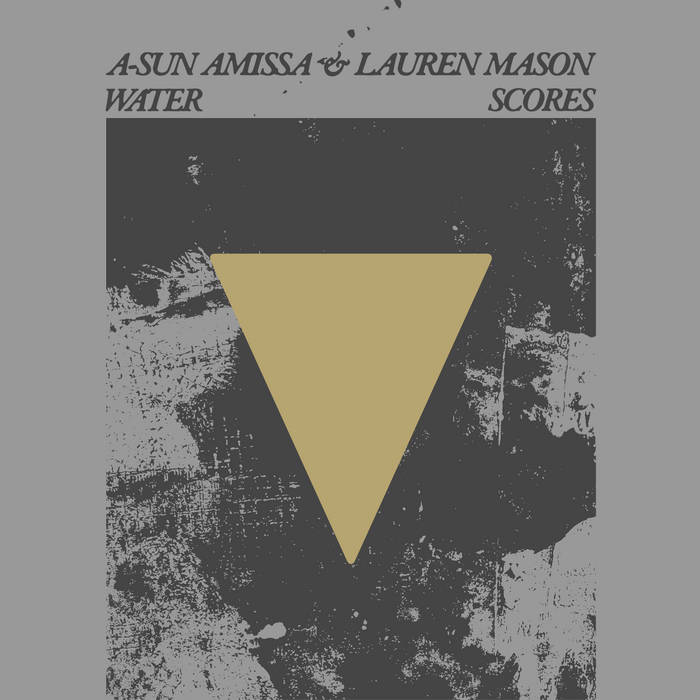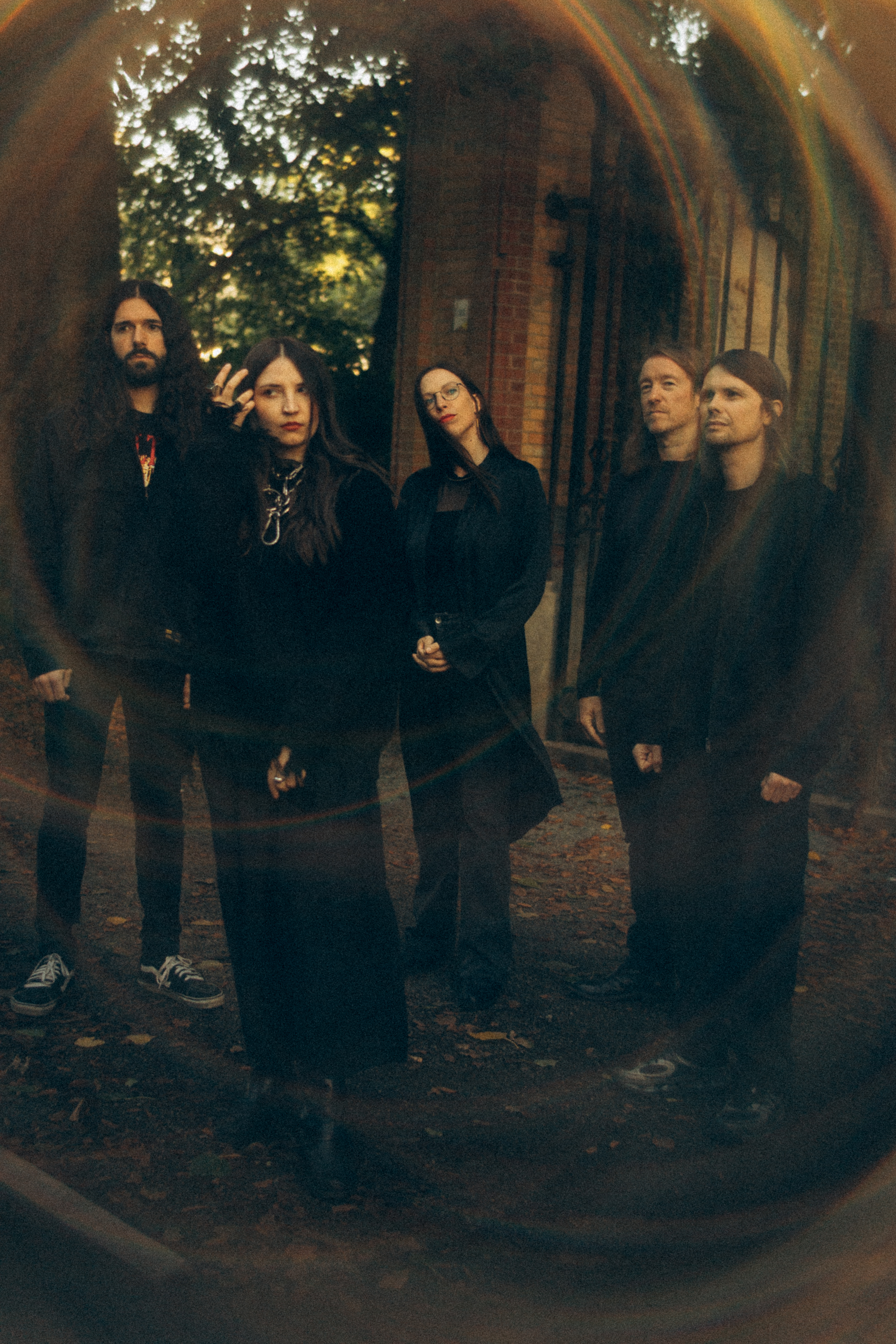As though colossal mountains shifting with cascading lava pouring down in the cracks, Duality strikes down into the earth, the quick haste carrying the remains of genre’s past in its wake.
Netherland’s outfit Defacement return with their third outing, Duality, following their linguistic tangent conventions similar to their contemporaries Morbid Angel. The dense and harrowing ride kicks off with foreboding synth climbing out of the darkness, like a patter of rain against the taped up windows of a Dutch Rave club.
“Burden” smashes down like a hammer into the ground, opening a whirling tornado releasing insipid ghouls and goblins. The room glows with translucent smoke as the beams of the cauldron cry out with shrieks shaped like jade demons. There is a melodic presence and undercurrent to this work that feels like wind blowing down the waves in a restless ocean. The denseness and weight of each chord is felt before it flees into a flurry of a swarm of crows rising above this warlock’s house. The tempos and rhythms fluctuate in and out, pushing the clouds around this enchanted domicile. While the instruments of torture here feel deceptively familiar, it is true to its namesake of both the band and album title. The mask is not what it seems, nor is the armor, nor the cerebral cortex that lays beneath the heavy helm.
The cover art by RF Pangborn alludes to a certain undoing of the persona, the split of id and ego perhaps, or a manifestation of a mental struggle expressed physically. The music parallels this notion—the splitting between darkness and the unyielding storm, with light cutting through the tumultuous clouds as the veiled harmonies wail within. There is a chattering of noise and percussion between the longer tracks that suggest a certain cold, albeit visceral future, in the world that Defacement dwells in—yet there is groove and bounce abound. Lurking beneath the cacophony is a manifold warmth that is unlike much of the offspring of the first wave of death metal. It has its own amphibian corridors and doors; its own multifaceted, international, planetary sensibility akin only to itself. Sure, there are familial elements—the airtight rhythm section, the climbing spider web of Jazz weaves slinking around itself, while the deep howls bellow Dolan and Mullen, but through the murk a cenotaph rises with a single inscription. It has no flag. It’s a flame that burns everlasting.


